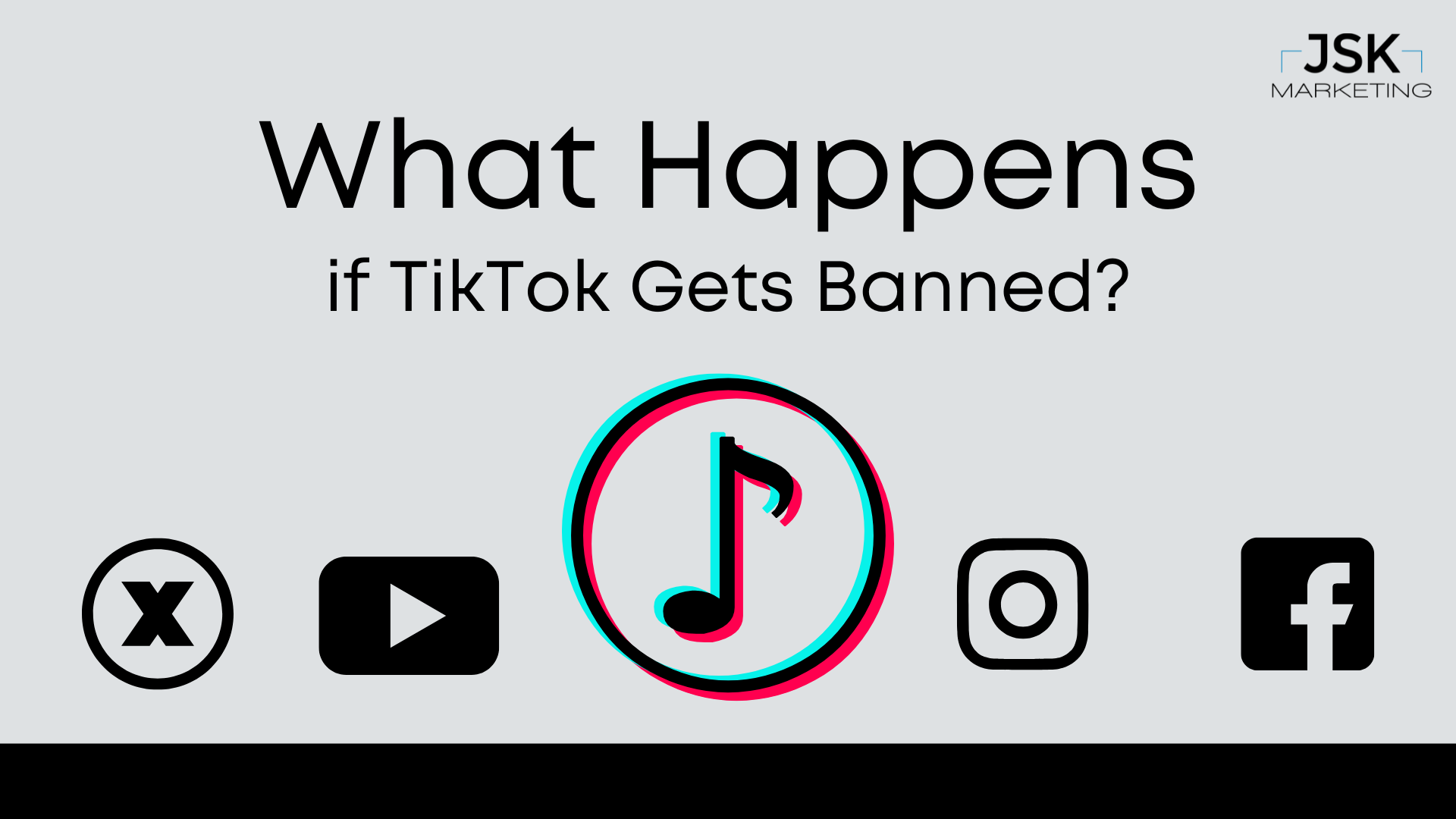
The World Health Organization has declared the coronavirus, or COVID-19, a pandemic. This pandemic is affecting the health of the public, and it’s also impacting the economy. Most of the talk in the news is about the importance of doctors and nurses in hospitals, scientists researching vaccines, civil servants leading government response, and even toilet paper makers. Those are all vitally important professions, but marketers play a vital role as well. Every action people should take to stop the spread of the coronavirus relies on effective messaging. It’s an uncertain time with lots of unknowns, however, in this blog we will be discussing how COVID-19 will impact marketing.
Social Media Policies
While spikes in search trends are common during events of this scale, there have also been surges in traffic for related products and topics as a direct response to the pandemic. Social media giant Google is removing any content on YouTube that claims to prevent the coronavirus in place of seeking medical treatment and is also blocking all ads capitalizing on the coronavirus. Similarly, Facebook is blocking anyone running ads to exploit the situation. So what do these platform policies mean for marketers? You have to make sure your messaging in your ad copy does not make any claim to cure, prevent, or treat COVID-19.
Communication
Communicating effectively and efficiently is going to be key to maintaining customer relationships. For business owners, it is vital to keep your customers in the loop when it comes to operating hours and any change in services. If your business is affected, Google recommends updating your business hours and description in your Google My Business profile. Letting your audience know information regarding any additional precautions you are taking builds that trust with current and potential customers in a time like this.
Consumer Confidence
When crisis hits and consumer confidence is low, cash flow and stock levels can become all-encompassing concerns. Your priority needs to be ensuring that they shop with you rather than somebody else. Give your customers more reasons to continue spending with your business. If they have rewards available and ready to claim, be sure to remind them. Consider what you can be doing to keep consumers feeling confident about purchasing online, and about purchasing from you.
Many retailers have made the difficult decision to hit pause on acquisition channels, such as pay-per-click (PPC) and Facebook advertising. This is because we are seeing the immediate effects of these levels drop below sustainable levels. Continuing to invest in digital marketing during this time is important though. The key is changing our mindsets to remember that the buying cycle will take longer for non-essential purchases until things feel back to normal. Utilizing tools such as retargeting, to stay in front of people already engaged with your brand, will be more essential than ever throughout this time.
Also, since your existing customers know and love your brand, remember to utilize them as your biggest assets. They are the ones that can leave you reviews and can help convert other customers. As marketers, you need to get people talking about your brand as much as possible, especially right now.
For eCommerce businesses, incorporating messaging around your brand values into onsite popups, welcome or post-purchase emails helps to remind customers what you stand for as a brand. You can also build the things your customers believe in into your program rewards and the ways in which people can earn points. Whether you pick temporary causes that bring customers together in the current climate or continue to support the issues and concerns that your customers share with you longer-term, there is much you can do to show shoppers that you know them and that you’re the kind of ethical eCommerce store they want to associate with long into the future.
Supply and Demand
Many businesses that depend on Chinese manufacturing are feeling the burden of halted supply chains with deliveries being pushed out, blurred production timelines, and emerging importation restrictions. Small businesses will be particularly affected since they don’t often have the same means as larger companies to redirect manufacturing to new suppliers. Marketers need to set up a back in stock-flow in instances like this. For eCommerce businesses, a back in stock-flow is when someone subscribes to a restock alert and that data will be stored and tracked back to their profile. This profile then enters into a segment of people who are subscribed to receive an alert for a specific item. Once the item is restocked, they should automatically receive a notification that the item is available again. For small businesses, it is important to utilize social media to communicate what is in stock and what is not. Shoppers can rest assured they’ll be the first to know when the exact item they’re looking for becomes available.
The impact of COVID-19 will be felt by all, small and big businesses. Marketing leaders need to stay the course and adapt to the new normal that is evolving. Keep experimenting and modifying your marketing plan to find what works right now. We’re in a period of uncertainty, however marketing is an opportunity for brands to prove to their existing customers that they care. This is a time to own and nurture your relationships with your existing customers, and continue to create meaningful connections that will last a lifetime.
If your business needs assistance with marketing strategies, JSK Marketing can help you! Contact us today to learn more about the services and solutions we can provide your business. But most importantly, be safe and stay home for now.




